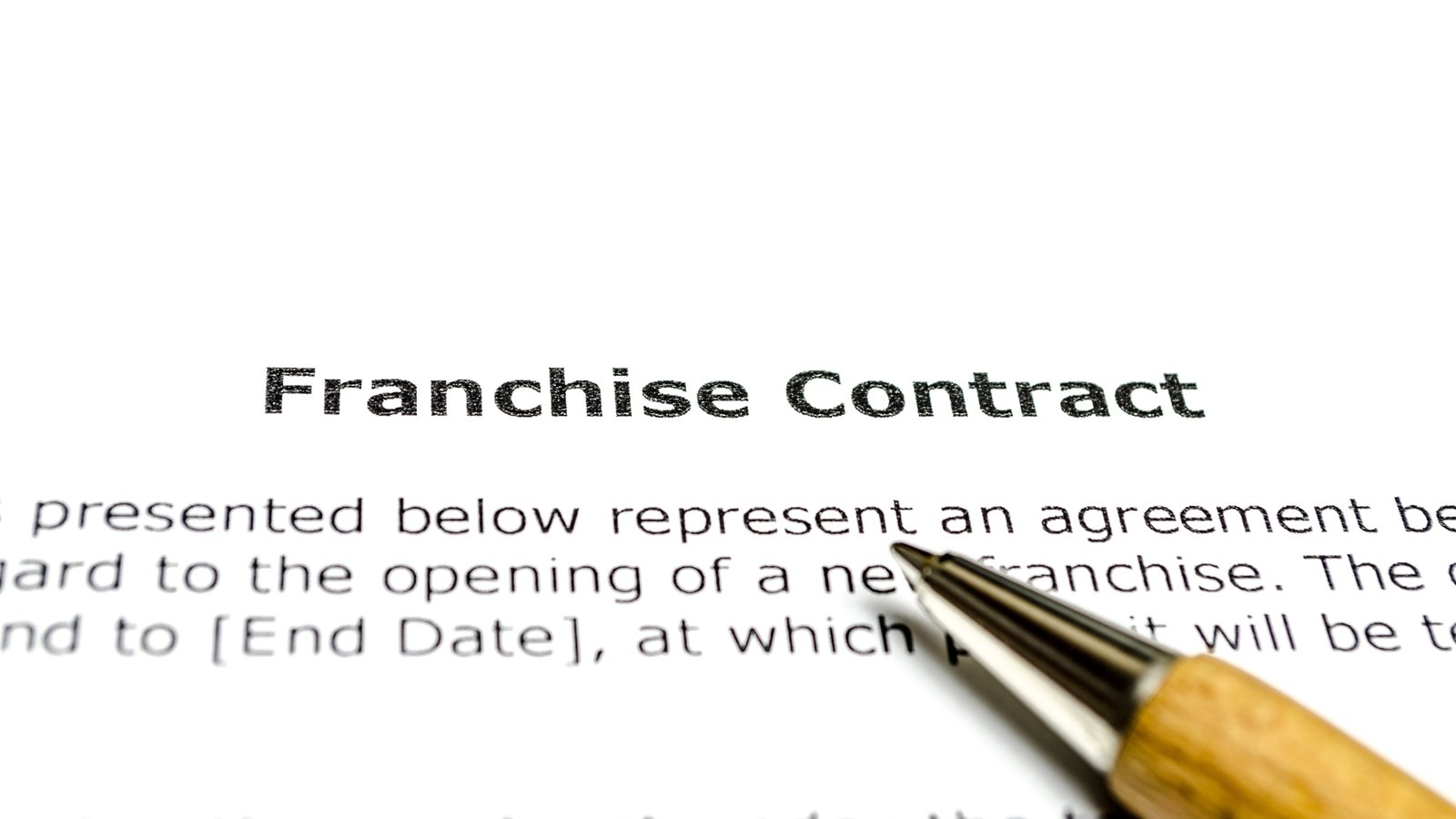Franchise agreement and legal terms are crucial in defining the relationship between a franchisor and a franchisee. These agreements go beyond formalities, serving as comprehensive legal contracts that lay the groundwork for business operations. Understanding the key elements of a franchise agreement and its legal terms is essential to ensuring mutual success, minimizing conflicts, and safeguarding your business interests. This guide provides insights into the critical aspects of franchise agreements to help you navigate the process confidently.
What is a Franchise Agreement?

A franchise agreement is a legally binding contract between the franchisor (the brand owner) and the franchisee (the business owner). It defines the terms and conditions under which the franchisee can operate using the franchisor’s brand, systems, and intellectual property. This agreement ensures consistency across all franchise locations while protecting the franchisor’s reputation and intellectual property.
Key Elements of a Franchise Agreement
- Franchise Fees and Royalties
- The agreement specifies the initial franchise fee, ongoing royalties, and any other financial obligations.
- These fees are the cost of using the franchisor’s brand and systems.
- Territorial Rights
- Defines the geographical area where the franchisee can operate.
- Ensures no overlap or competition among franchisees within a specified territory.
- Operational Standards
- Outlines the guidelines the franchisee must follow, including product quality, service standards, and operational processes.
- Ensures consistency across all franchise outlets.
- Training and Support
- Details the training programs and ongoing support the franchisor will provide.
- Includes initial training, marketing assistance, and operational guidance.
- Duration and Renewal
- Specifies the term of the agreement and the conditions for renewal.
- Includes any fees or changes to terms upon renewal.
- Intellectual Property Rights
- Grants the franchisee the right to use trademarks, logos, and other intellectual property.
- Protects the franchisor’s proprietary assets.
- Termination Clauses
- Defines the conditions under which the agreement can be terminated by either party.
- Includes breach of contract, failure to meet operational standards, or financial default.
- Dispute Resolution
- Specifies the methods for resolving disputes, such as arbitration or mediation.
- Avoids costly litigation and ensures fair outcomes.
Legal Terms You Should Know

- Franchisor and Franchisee
- The franchisor is the owner of the brand and business model. The franchisee is the individual or entity purchasing the right to operate under the brand.
- Disclosure Document
- A legal document provided by the franchisor detailing all necessary information about the franchise.
- Includes financial performance, litigation history, and operational requirements.
- Non-Compete Clause
- Restricts the franchisee from operating a competing business during or after the term of the agreement.
- Protects the franchisor’s market interests.
- Royalty Fee
- An ongoing percentage of revenue paid to the franchisor for continued use of the brand and support.
- Goodwill
- Refers to the value of the brand and reputation the franchisee benefits from.
Why Understanding the Franchise Agreement is Crucial
- Avoid Legal Pitfalls: A clear understanding prevents conflicts and ensures compliance with terms.
- Informed Decisions: Helps you evaluate whether the franchise aligns with your goals.
- Protects Interests: Safeguards your investment and rights as a franchisee.
Tips for Reviewing a Franchise Agreement

- Consult a Lawyer: Always have a legal expert review the agreement to identify potential risks.
- Understand the Financials: Ensure you are clear about all fees, including hidden costs.
- Evaluate Support: Check the extent of training and support promised by the franchisor.
- Clarify Renewal Terms: Understand the conditions for extending the agreement.
- Know Your Exit Options: Be aware of termination clauses and any penalties involved.
Conclusion
A franchise agreement is the cornerstone of a successful franchising relationship. By understanding its key elements and legal terms, you can make informed decisions and set your business up for success. Partnering with a trusted franchisor like Grow Kitchen ensures not only a strong agreement but also the support you need to thrive in a competitive market. Take the first step today by exploring franchise opportunities that align with your goals. Visit GrowKitchen.in to learn more.
FAQ’s
Q1.What is a franchise agreement?
A legally binding contract outlining the relationship between a franchisor and a franchisee.
Q2.Why is a franchise agreement important?
It defines the rights, responsibilities, and obligations of both parties, ensuring a smooth operation.
Q3.What should I look for in a franchise agreement?
Key elements like fees, territorial rights, training, operational standards, and termination clauses.
Q4.Can I negotiate a franchise agreement?
Some terms may be negotiable, but it depends on the franchisor’s policies.
Q5.Do I need a lawyer to review a franchise agreement?
Yes, consulting a legal expert ensures you understand the terms and avoid potential risks.





